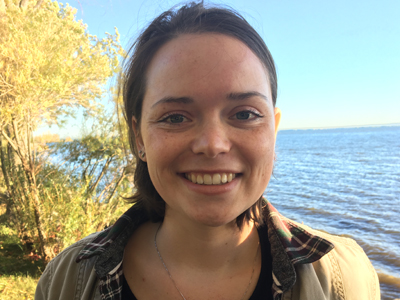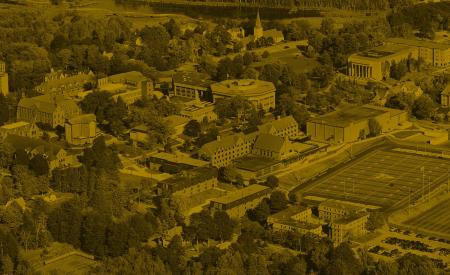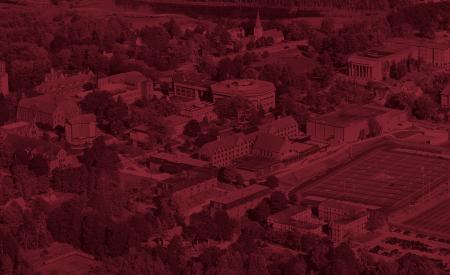Anthropology student researches cultural ecosystem services in an Indigenous community
 Honours anthropology student Sarah Murphy's honours research has a very practical application. Murphy is looking at cultural ecosystem services in an Indigenous community and the values they promote.
Honours anthropology student Sarah Murphy's honours research has a very practical application. Murphy is looking at cultural ecosystem services in an Indigenous community and the values they promote.
Ecosystem services are any nonmaterial benefits that an ecosystem gives you, which covers a huge spectrum of things ranging from ‘that sunrise is aesthetically appealing’ to ‘I feel good walking along the beach, picking up shells.’ Murphy is focusing specifically on cultural ecosystem services that deal with things like recreation, aesthetics, and education.
The research is being done locally with Fort Folly, L’nu First Nation with the help of two community stakeholders.
“We have been developing a cultural experiences trail and in developing that trail we highlight different ways that the people of Fort Folly and the L’nu people in general have interacted with their surrounding landscapes over the years. It covers things like language and how the environment helps people come up with words to describe place,” explains Murphy.
The trail has two purposes: to help preserve knowledge in the community and to have a place for the public to walk the trail and get a sense of what kind of interactions have gone on in this region in the past and what is happening in the present, from an Indigenous perspective.
“This is also about reclaiming Indigenous voice in that context,” she says. “There is a sense that certain things were done in the past so are no longer relevant. But traditional activities are carried out today to hold onto the traditions and to bring their past, their history, and themselves into the present day context.”
The development of the trail has an additional benefit for Murphy.
“Beyond helping the Fort Folly community educate their youth and help bring outsiders into the context of what has to happen to maintain identity on this land, it also helps inform my research on ecosystem services and their cultural value. They tie in very nicely with the cultural experiences, which we have mapped out on the trail. So while we were mapping out different things on the trail and talking about what different things were important, I was taking that information and figuring out what values are held very closely by this community today, not just in the past,” she says.
Murphy’s research is part of a larger project being carried out by her supervisor, Dr. Robert Adlam.
“Sarah has developed a close working relationship over the past year with the First Nation community of Fort Folly. The trail project is something Sarah negotiated with the community as the basis for her thesis project. To have accomplished so much in the space of a year is a remarkable accomplishment. It is really a testament to Sarah’s determination to make a difference in the lives of others,” he says.
“I think it is important to give Indigenous communities something to hold on to and recognize their oral and traditional knowledge as very important, and having a physical aspect to it as well,” says Murphy.
Murphy was also a course intern for the Indigenous Studies course, is a Social Sciences senator on Senate, was on the committee that revamped distribution credits, and is a teaching assistant for the student success course.



